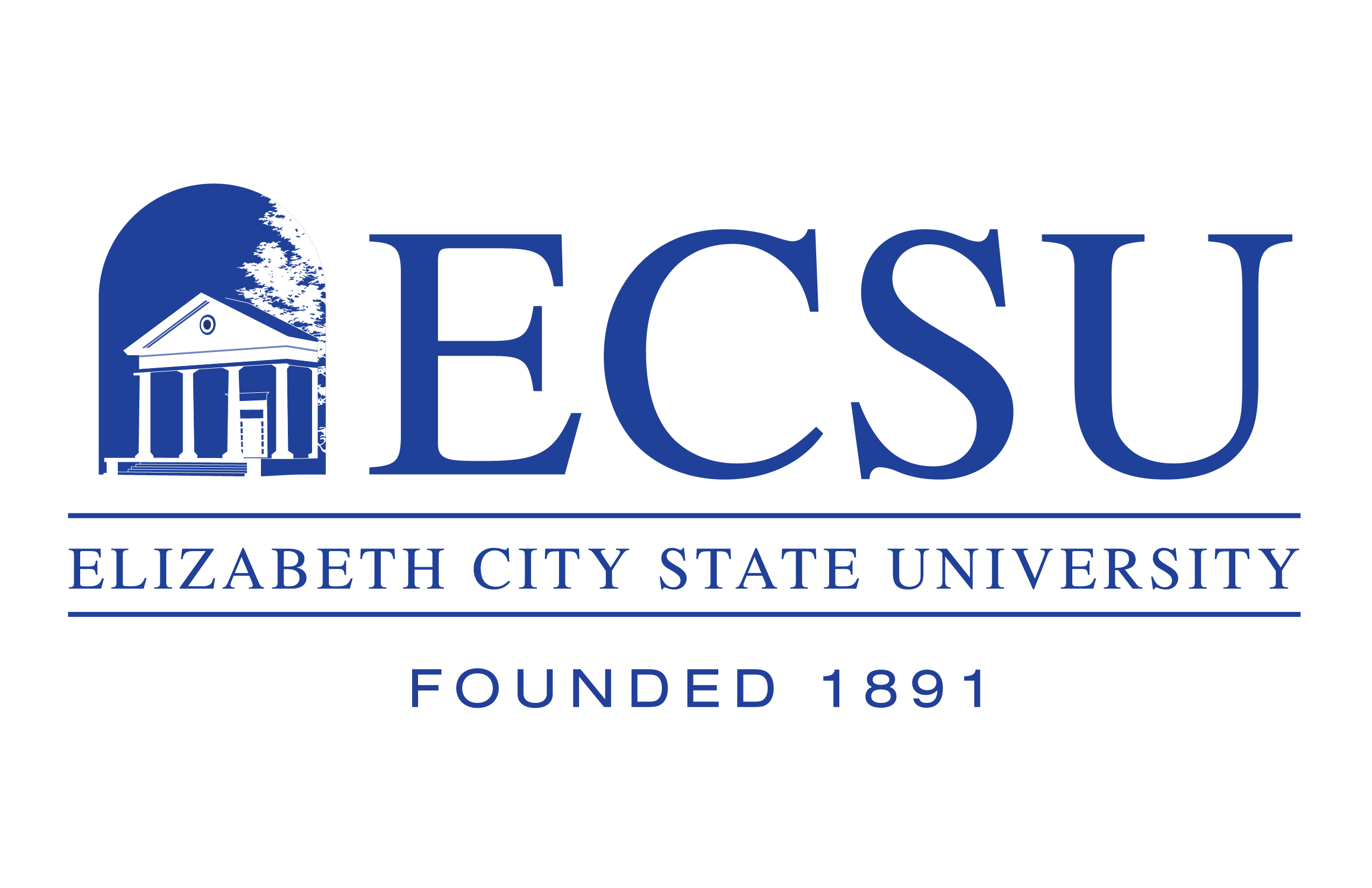Statement on Fairness and Opportunity
WRVS-FM, 89.9 is committed to providing equal employment opportunities for all volunteers and applicants for employment regardless of race, color, national origin, creed, religion, sex, age, disabling condition, genetic information or political affiliation, except where religion, sex or age are bona fide job related employment requirements. This is in keeping with Title VII of the Civil Rights Act of 1964 as amended, the Civil Rights Act of 1991, the Equal Pay Act of 1963, the Age Discrimination in Employment Act of 1968, as amended, Executive Order 11246 as amended, the Rehabilitation Act of 1973, the Civil Rights Restoration Act of 1988, the Americans with Disabilities Act of 1990, the Americans with Disabilities Act Amendments Act of 2008, the Genetic Information Nondiscrimination Act of 2008, NC G. S. 126-16 as amended, and other State EEO and anti-discrimination laws or statutes.
Local Services Content Report 2024
* For inquiries pertaining to public file accessibility for those with disabilities, please contact Melba Smith.
The Elizabeth City State University Board of Trustees (BOT) is the governing body for WRVS. BOT meetings are accessible to the public and are held quarterly. Please note that closed session portions of the meetings pertain to personnel matters. For more information visit, the Board of Trustees webpage.
It is the policy of Elizabeth City State University and WRVS-FM, 89.9 that race, religion, color, creed, national origin, sex, age, political affiliation nor disabling condition or genetic information is to be considered in the recruitment and selection of new employees of the State; selection of employees for promotion, training, career development, transfer, demotion for fiscal purposes, and/or reduction-in-force; administration of disciplinary policies or termination or cause; and establishment of rate of pay including the awarding of salary adjustments and/or salary increases.
Public broadcasters have adopted shared principles to strengthen the trust and integrity that communities expect of valued public service institutions.
Public media organizations contribute to a strong civil society and active community life, provide access to knowledge and culture, extend education, and offer varied viewpoints and sensibilities.
The freedom of public media professionals to make editorial decisions without undue influence is essential. It is rooted in America's commitment to free speech and a free press. It is reflected in the unique and critical media roles that federal, state, and local leaders have encouraged and respected across the years. It is affirmed by the courts.
Trust is equally fundamental. Public media organizations create and reinforce trust through rigorous, voluntary standards for the integrity of programming and services, fundraising, community interactions, and organizational governance.
These standards of integrity apply to all the content public media organizations produce and present, regardless of subject matter, including news, science, history, information, music, arts, and culture. These standards apply across all public media channels and platforms - broadcasting, online, social media, print, media devices, and in-person events.
Public media, individually and collectively:
- Contribute to communities' civic, educational, and cultural life by presenting a range of ideas and cultures and offering a robust forum for discussion and debate.
- Commit to accuracy and integrity in the pursuit of facts about events, issues, and important matters that affect communities and people's lives.
- Pursue fairness and responsiveness in content and services, with particular attention to reflecting a diverse range of demographics, cultures, and beliefs.
- Aim for transparency in news gathering, reporting, and other content creation and share the reasons for important editorial and programming choices.
- Protect the editorial process from the fact and appearance of undue influence, exercising care in seeking and accepting funds and setting careful boundaries between contributors and content creators.
- Encourage understanding of fundraising operations and practices, acknowledge program sponsors, and disclose content-related terms of sponsor support.
- Maintain respectful and accountable relationships with individual and organizational contributors.
- Seek editorial partnerships and collaborations to enhance capacity, perspective, timeliness, and relevance and apply public media standards to these arrangements.
- Expect employees to uphold public media's integrity in their personal as well as their professional lives, understanding that employee actions, even when "off the clock," affect trust, integrity, credibility, and impartiality.
- Promote the common good, the public interest, and these commitments to integrity and trustworthiness in organizational governance, leadership, and management.
The Public Media Code of Integrity was developed by the Affinity Group Coalition and the Station Resource Group, collectively representing public television and radio stations and service organizations from across the country, with support from the Corporation for Public Broadcasting.
September 2013
WRVS is not required by the IRS to file an IRS Form 990, compensation information, unless prohibited by law, comparable to the information outlined in the IRS Form 990 Part VII A, and contractor compensation in IRS Form 990 Part VII.
WRVS-FM 2022 Annual Financial Report (AFR)
WRVS-FM 2022 Annual Financial Statements (AFS)
WRVS-FM 2023 Annual Financial Report (AFR)
WRVS-FM 2023 Annual Financial Statements (AFS)
WRVS-FM 2024 Annual Financial Report (AFR)
WRVS-FM 2024 Annual Financial Statements (AFS)
